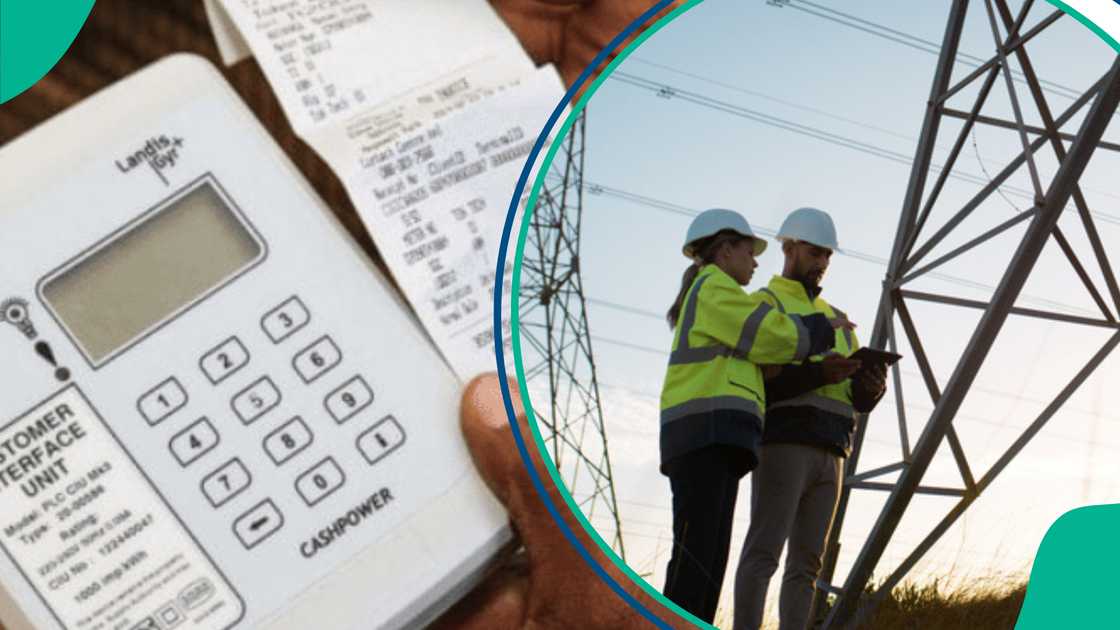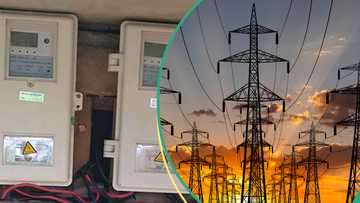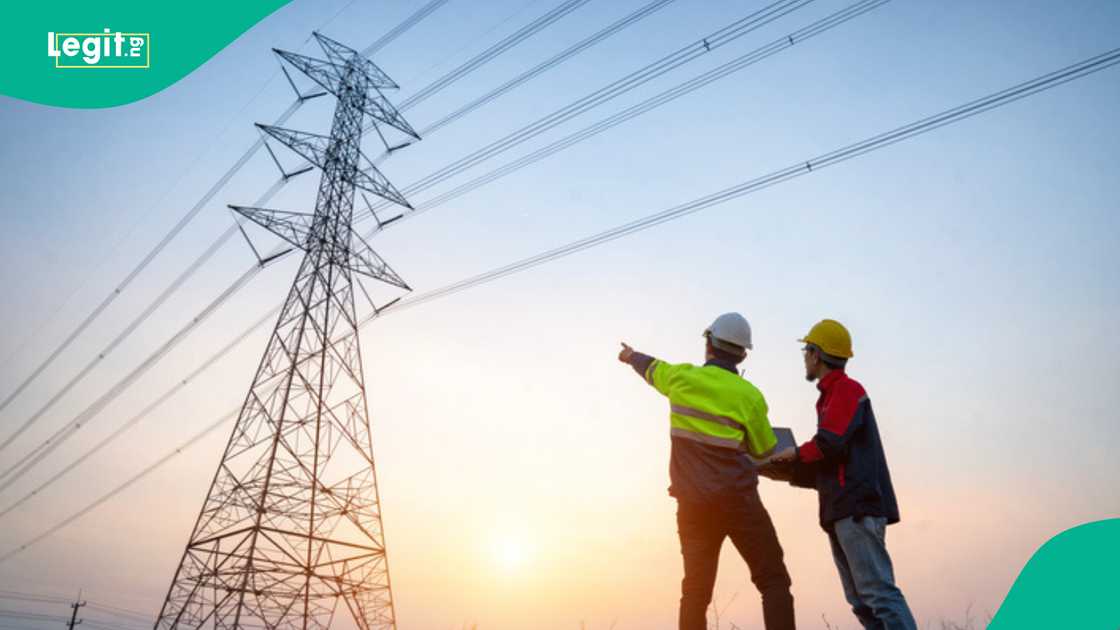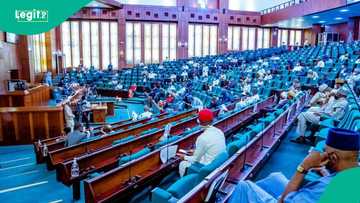Enugu Electricity Commission Defends Tariff Cuts Amid Power Industry Resistance
- Energy commissioners from all 36 states have expressed willingness to meet with power distributors to negotiate fair electricity rates for consumers
- Power distribution companies have resisted such discussions, warning that further tariff cuts could harm the power industry and reduce supply
- The EERC, however, defends its position, stating that the tariff reduction does not affect national generation costs and ensures fair compensation for MainPower's operations in Enugu State
Legit.ng journalist Zainab Iwayemi has 5-year-experience covering the Economy, Technology, and Capital Market.
Energy commissioners from all 36 states announced on Wednesday that they are willing to meet with power distributors to discuss negotiating fair and non-burdensome electricity rates for state consumers.

Source: Getty Images
This comes after the Enugu Electricity Regulatory Commission recently reduced the electricity cost for Band A users from N209/kWh to N160/kWh, and both power producing and distribution businesses opposed the move.
The power distribution companies, however, have resisted any kind of power rate discussions with the states, stating that if caution is not used, the state governments' action could destroy the power industry.

Read also
FG-owned company idle for decades owes N5.6 billion in electricity debt, risks disconnection
While the states maintained their right to regulate the power sector in their own domains, the EERC has persisted in defending its stance and is unwilling to budge from the requests of power distributors and generators.
Discos kick
Sunday Oduntan, the CEO of the Association of Nigerian Electricity Distributors, told Punch that the organization would not negotiate with the states in an interview with one of our correspondents. Oduntan claimed that by lowering tariffs, the states were attempting to isolate Nigeria and that this was unsustainable.
“We are not negotiating with the states. What they are doing will destroy the market. If they continue like this, the power supply will drop again. Can’t you see that there’s an improvement in power supply these days? Everything will go back if this tariff cut continues in the states. These states just want to create a shortfall. If there’s no funds, there will be a crisis,” Oduntan warned.
Enugu defends position
The Punch reported that EERC stated that its recent tariff drop had no effect whatsoever on the nation's current power generation costs. The commission argued that there was no need to maintain the Band A energy price in the state at N209/kWh given MainPower's expenses.
In a statement by EERC’s Commissioner for Electricity Market Operations, Reuben Okoye, the agency maintained that although it inherited the current tariff regime, “the commission is focused on developing a sub-national electricity market that is transparent, accountable, reliable and sustainable and therefore will review utility costs of service to achieve its mandate to the people of Enugu.”
EERC further clarified, “The Order is for MainPower’s operation in Enugu State. It does not affect electricity services in other states, between states and across the country. The cost of delivering electricity from the national Grid to MainPower via EEDC has been accommodated in full. We did not tamper with that cost at all in our tariff determination, but rather adopted it.

Read also
Electricity tariff cut by Enugu State sparks nationwide outcry as Nigerians resist paying bills
“Our order ensures that MainPower recovers all its efficient costs and makes a reasonable return in its business of providing electricity services to citizens of Enugu State. Considerations and reconsiderations of the MainPower tariff application and data still present the same outcome that ensures full payment of invoices to all parties.”
On the justification for tariff reduction, EERC said that “having gone through its rigorous process, EERC has no rationale or justification to keep Band A at N209” in the state.
“EERC has not removed a kobo from the generation and transmission costs of delivering power to Enugu State, but rather included the exact costs to ensure complete payment of MainPower’s portion of the Nigerian Bulk Electricity Trading Plc invoices. Also, MainPower’s share of EEDC’s debts arising from CBN’s interventions in the NESI was included in the tariff.
“EERC and MainPower also reviewed all the relevant data/information provided by MainPower for its tariff determination to ensure accuracy,” it was stated.

Source: Getty Images
The agency said it would be willing to entertain any evidence that showed that its calculations were wrong.
“We are willing to entertain any evidence that shows that our methodology, analysis, computation, and output are wrong. The total focus on the reduction of Band A tariff by some commentators is rather unfair to the commission and to electricity consumers in Enugu State.
“It is important to say that with the ongoing migration of more customers to Band A, the general cost of delivering electricity is spread across larger customer numbers, which should also result in a reduced cost of service delivery,” EERC added.
FG moves to cut subsidies
Legit.ng reported that A 2024 report by the Nigerian Electricity Regulatory Commission (NERC) shows that residents of Adamawa, Borno, and Yobe States, served by the Yola Electricity Distribution Company (YEDC), will pay the highest electricity tariff in Nigeria, averaging N266.64/kWh.
This rate is N91.33 above the national average of N175.31/kWh. The disparity stems from high operational costs driven by insecurity, vandalism, and poor infrastructure across the region.
YEDC enjoys the highest subsidy cost per unit delivered—double that of other electricity distribution companies (DisCos), yet is still unable to meet the demands of its consumers.
Source: Legit.ng




